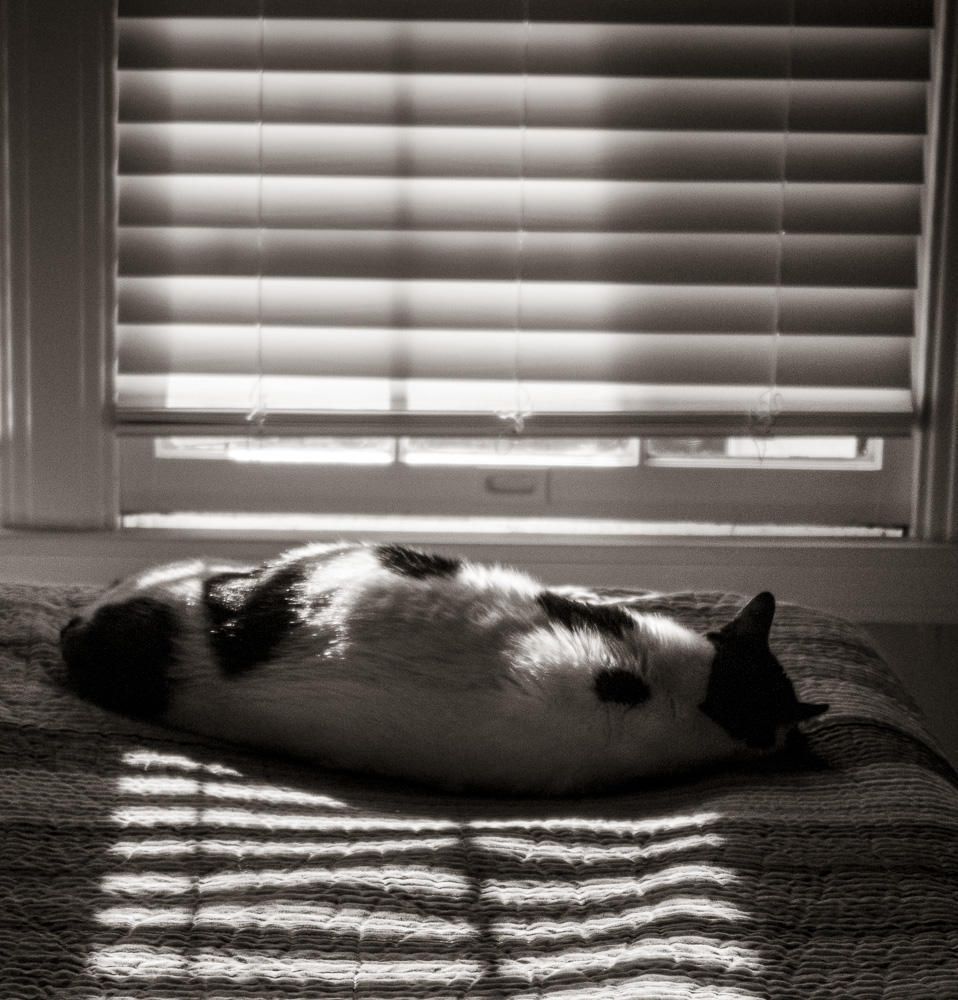This book is available from Material Media , at The Twig Bookshop in the historic Pearl Brewery complex on the San Antonio Riverwalk, and at other book outlets.
Did You Sing Your Song?
Awarded a SILVER MEDAL in the Poetry Division for the Ben Franklin Award by the Independent Book Publishers Association.
The IBPA remarked “The poems in this volume reflect a lifetime of listening for what the Irish call "the music of what happens." Mary Earle was inspired by the Divine Song that sings in everything. Her poems invite the reader to listen along and awaken to the rhythms of life.”
In honor of poetry month in April, my generous publisher, Elizabeth Cauthorn, is donating $5.00 per each sale of my book to World Central Kitchen. Founded by Chef Jose Andres, WCK deploys teams to feed people all over the world, particularly in those areas suffering from war or natural disaster. I hope you will join me and Elizabeth in celebrating poetry and feeding the hungry. The offer is good from now through April 30. Click HERE for the link to purchase my award winning book.
Roberta Bondi, author of To Pray and to Love and Memories of God, teacher, retreat leader, poet and weaver, says of this collection:
“This is a wonderful, no, wondrous book of poems by one of the earliest women who were ordained in the episcopal church. It is good poetry and good spiritual guidance by a woman seasoned and formed by a life in God, in the particular world of the Texas Hill Country and San Antonio which is the expression of God and her own intimate world of women.
In these poems Mary draws us into, first, a magical childhood of stars, earth, river, fossils, rivers, dirt, and growing things in the company of the strong, loving, wise women of her family and ancestors. By the end of the first section, I was led to long for such a way of being in world, myself.
“In one sense, it is a book which leads us into the fearsomeness of death. At the same time all through the whole of the collection the reader is held in and through an awareness of the active and gentle presence of God, shaping, forming, dissolving, and reforming all things created, especially ourselves. It is in this context that we are simultaneously brought into a constant reminder of our own deaths and the deaths of our children (one of the poems is a reflection on the death of her son by brain cancer) and how these dreadful deaths are also a necessary and good part of the natural world of which we are a part. in other words, it is a book about resurrection.
These poems are also profoundly feminist. Mary is writing out of and into the world of women, body and soul. This is especially visible in the section that includes her reflections on the strong women of scripture, including Mary the mother of Jesus. In one poem, by the way, Mary does not agree to become pregnant with the Lord of Life unless God and Gabriel also agree to be pregnant—neither of them otherwise having a clue about what they are asking of her.
Finally, these are poems celebrate and express an ongoing body awareness of her place—and our place in the communion of the saints. If we are not already experiencing it, the book is a constant reminder that all that we do and are is from our deepest connection to one another in the present and through what we call our past. It is a work that is humbly priestly and sacramental to the core.
What a gift! This is a book I intend to keep at my bedside for comfort, consolation, celebration, and the best spiritual guidance. What a gift!”



